Plastics and Horticulture
Plastics. No doubt you will be aware of the strong push away from single use plastics and toward recyclable and reusable options across a variety of industries. The problem is, plastic is a durable, inexpensive and lightweight product which does its job quite well. What can we do as consumers?
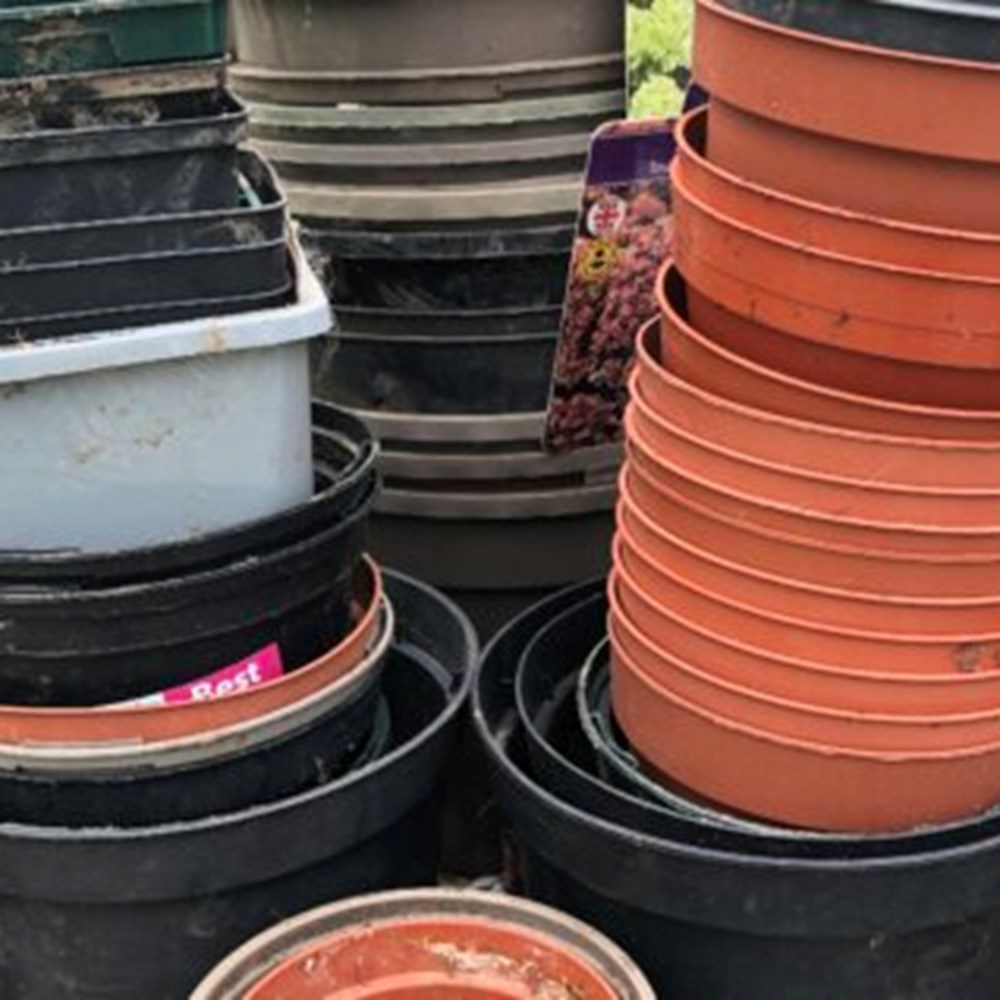
Plastics. No doubt you will be aware of the strong push away from single use plastics and toward recyclable and reusable options across a variety of industries. The problem is, plastic is a durable, inexpensive and lightweight product which does its job quite well. However, it is estimated that “the combined weight of plastic plant pots & containers, growing media bags and garden chemical bottles is around 30,000 tonnes a year.” (1) To put that into perspective, prior to the ban on plastic straws the UK binned approximately 3,500 tonnes of straws annually. (2)
One step taken by the horticultural industry has been to start introducing “taupe” (greyish) pots. Black plastic is often not recycled simply because the sensors in waste sorting systems can’t recognise the colour. This simple colour change makes recycling significantly easier. Additionally, in recognition of the consumer’s desire toward greener practices, many garden centres and plant nurseries will accept their pots back either to reuse or send to companies which will recycle them into new gardening based products.
What can we do as consumers? Recycling is fantastic but even better is if we reuse and share. If you have pots coming out of your ears (like I do!), try giving them away on platforms like Freecycle or Marketplace. Consider using them to pot up spare seedlings to share with friends and neighbours or give to local community groups. Ask local schools and nurseries if they have any use for them so children can have proper pots for growing. If you must buy new, consider investing in a thicker, sturdier product that will withstand many seasons of use. Always remember to thoroughly clean (and ideally disinfect) plant pots between uses; this significantly lowers the risk of spreading disease between plants and gardens.
What about plastic alternatives? This is definitely a growing field and it will be exciting to see how this progresses over the next few years. There are cardboard and other fibre based options that can be purchased with the expectation that they can be planted directly in the soil and will biodegrade over time. Some small scale nurseries have trialled growing plants in terracotta pots which are then returned and reused, much like glass milk bottles. On a small scale these options are fine, but existing products are unlikely to withstand the rigour of industrial scale production. Whatever the answer, reuse must feature heavily in order for us to limit not just waste but production as well.
Author: Emily Hairstans
[1] https://hta.org.uk/news-events-current-issues/sustainability/plastics-packaging-and-waste (Accessed 9 June 2022)
[2] https://www.greenmatch.co.uk/blog/2018/09/plastic-straw-ban-uk (accessed 9 June 2022)
Explore more
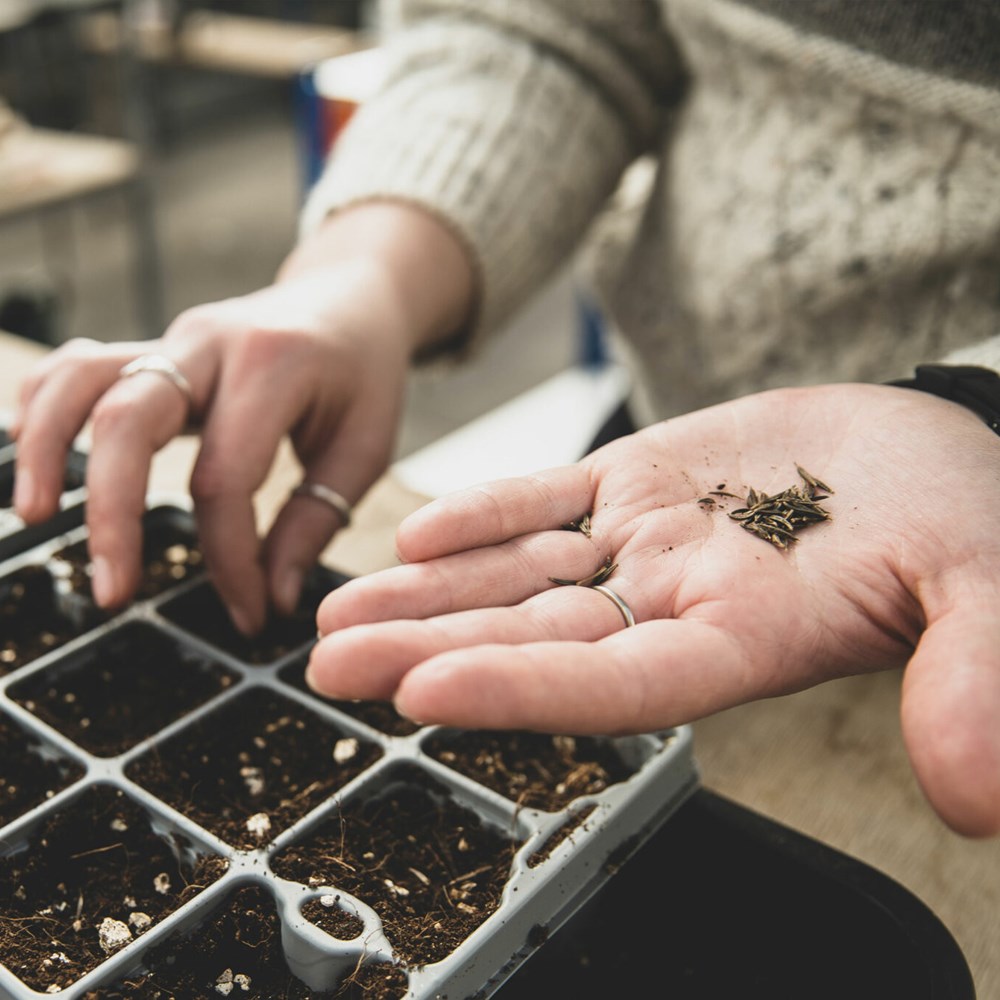
Dandelion Resources
Get growing advice, seasonal suggestions and celebrate the joys of looking after plants.
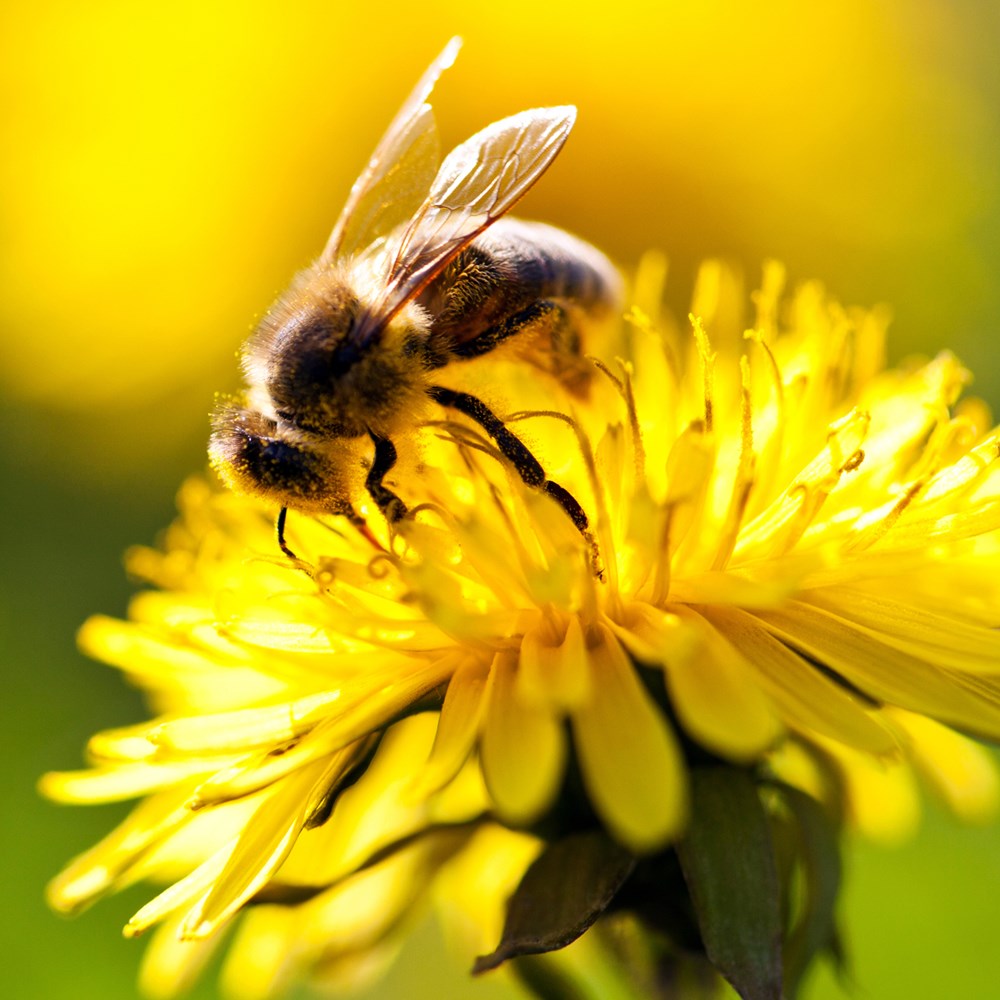
Dandelion Project
With the aim of re-establishing Harvest as an event on the national calendar, Dandelion brought together community development, horticulture, live music, learning, sustainable thinking and innovative arts practice to support the people of Scotland to sow, grow and share together.
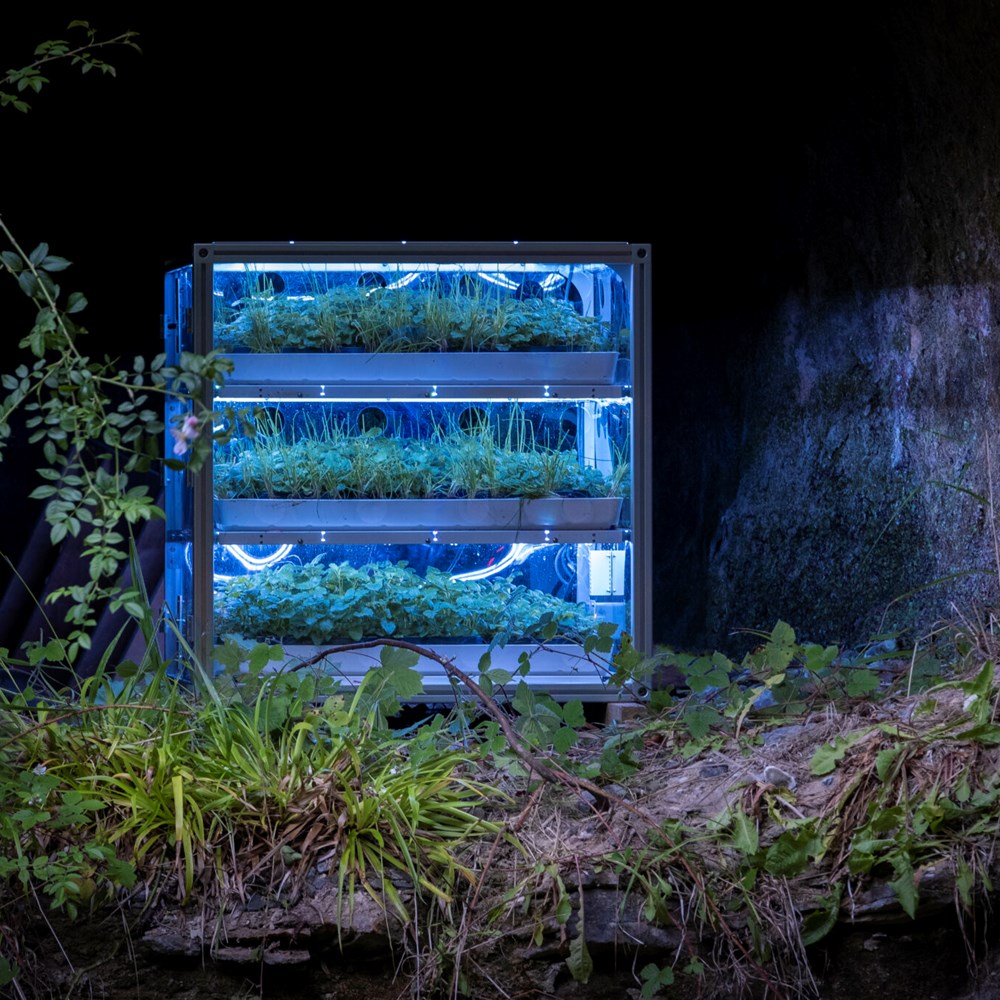
Dandelion Events
Dandelion culminated in in over 500 events as part of the largest-ever creative celebration of Harvest staged across Scotland.
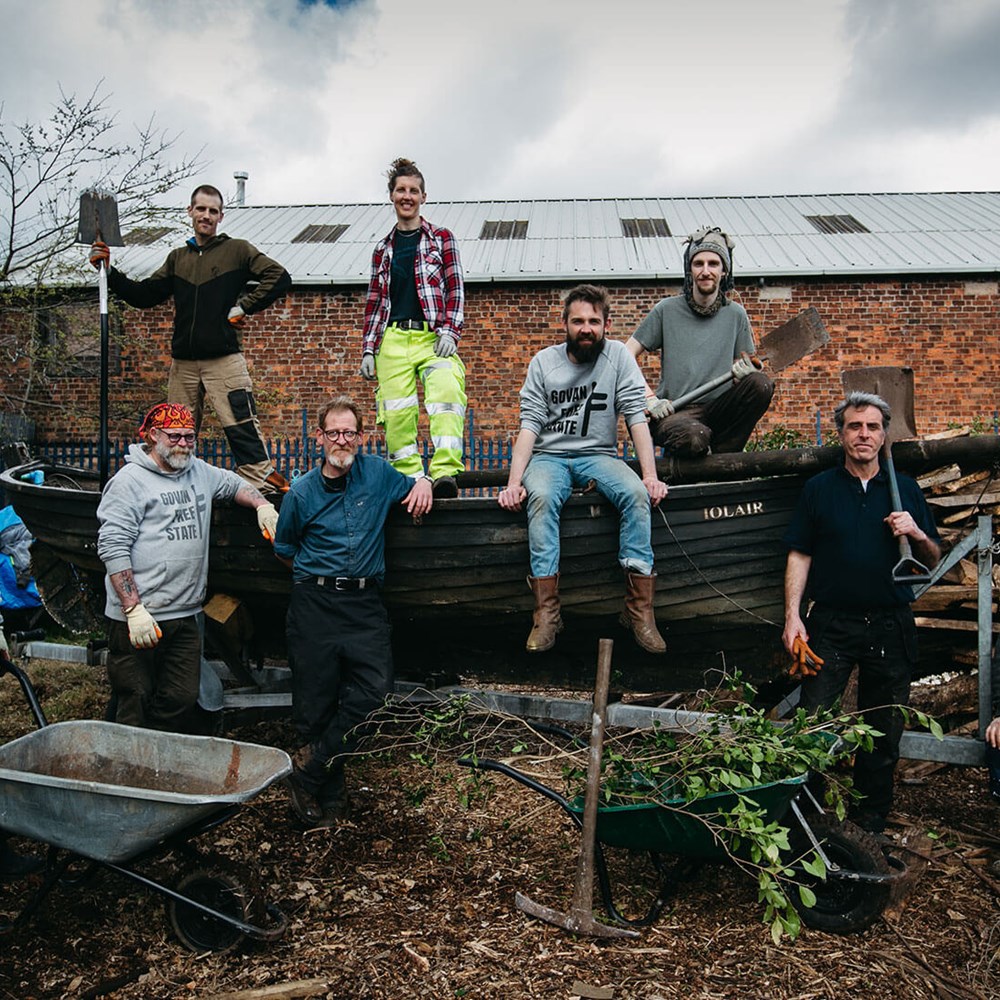
Dandelion Results
Dandelion's Unexpected Gardens sprang up all across Scotland and continue on today event after our programme has ended.
